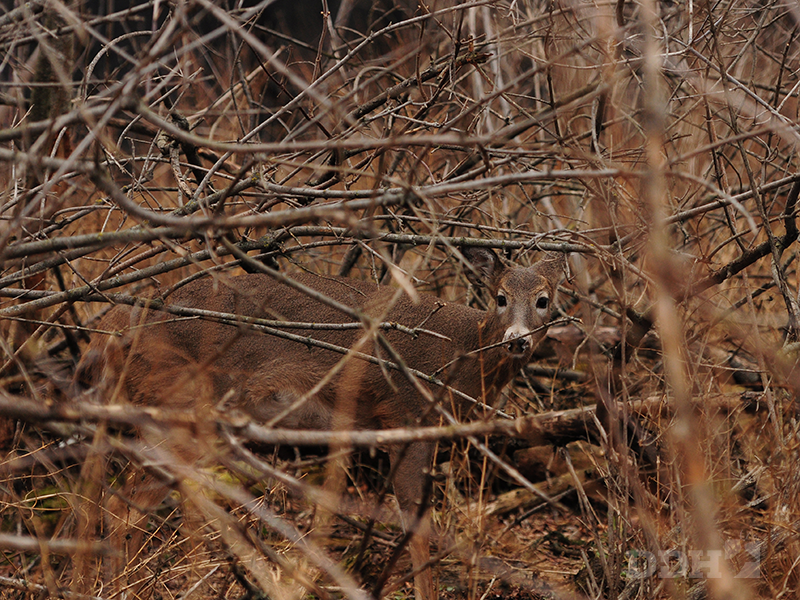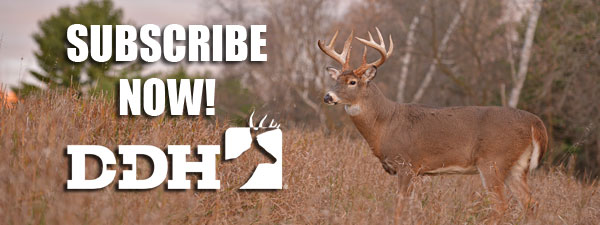On March 29, Governor Tony Evers, a Democrat, vetoed the bill that would have banned doe hunting in the northern portion of the state for four years. The bill, which was passed by the GOP-controlled Assembly and Senate, was created as a response to years of complaints from northern Wisconsin hunters about low deer herd numbers. The goal was to stop antlerless deer hunting for four seasons in an attempt to regrow the herd in the Northern Forest Hunting Zone.
Evers said the bill took away the Department of Natural Resources’ ability to set season regulations based on biological factors and that it would override the county deer advisory councils, made up mostly of hunters, which suggest season regulations to the DNR. “Those local councils and the DNR could still move to bucks-only hunting in local areas but won’t be required to do so,” according to the Duluth News Tribune.

“I am vetoing this bill in its entirety because I object to circumventing the established County Deer Advisory Council process, which provides opportunities for public input on proposed deer population estimates and harvest quotas,” Evers said during his message to the Assembly. “The councils may recommend a bucks-only season based on population estimates and feedback from the public. … I am also vetoing this bill because I object to limiting the ability of the Department of Natural Resources and other public and private landowners to respond to local deer population levels.”
The governor also recently vetoed a bill that would put a cap on the wolf population in the state. Many hunters in northern Wisconsin claim that the growing wolf population is contributing to low deer herd numbers, and until wolves are managed, they’ll continue to see less deer. Wolf populations have far surpassed U.S. Fish & Wildlife Service (FWS) recovery goals in the Western Great Lakes region, with the total population now exceeding 4,000 wolves. This includes estimates of 2,700 wolves in Minnesota, 1,000 in Wisconsin, and more than 600 in Michigan. FWS’ original recovery goals for the species were 1,400 for Minnesota and a minimum combined population of 100 wolves across Michigan and Wisconsin. Evers claims that setting a wolf population cap does not take into consideration social, scientific, biological and legal complexities of a recovered wolf population. However, setting a cap is moot as wolves are still protected by the federal Endangered Species Act.

